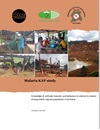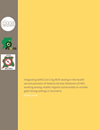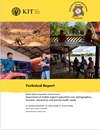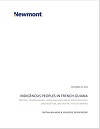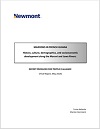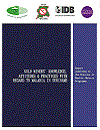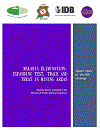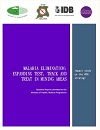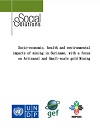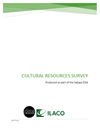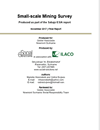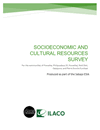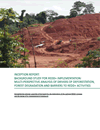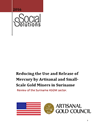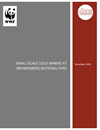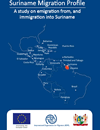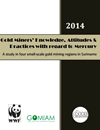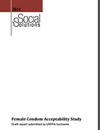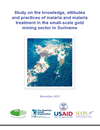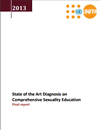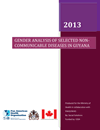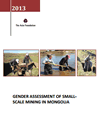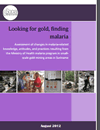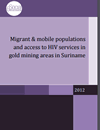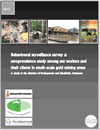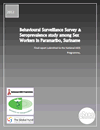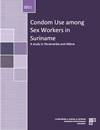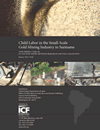Condom use among commercial sex workers Suriname (a study in Paramaribo and Albina). UNFPA - 2011
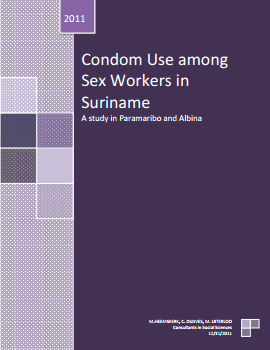
SUMMARY:
This report presents the results of a study on the access to, and consistent and correct use of, condoms among sex workers in Suriname, South America. This study is commissioned by the United Nations Population Fund (UNFPA) as part of its Comprehensive Condom Programming (CCP) initiative.
The research took place in November-December 2011 and focused on sex workers in the urban centers of Paramaribo and Albina, Suriname. The sample included sex workers belonging to different subgroups based on gender, working location, and nationality.
The researchers concluded that sex workers were generally conscious about consistent condom use and generally had a good level of knowledge about HIV/AIDS. Like in the 2009 Behavioral Surveillance Survey among sex workers in Paramaribo, the 2011 study found a high rate of self-reported condom use during commercial sexual activity. There continued to be, however, various factors that reduce the likelihood of consistent condom use, including: sex with a steady partner, having oral sex, alcohol consumption, drugs use, possible allergic reactions to latex, and a need or desire for (more) money. Gender, age, nationality, and working location further mediated decision-making about consistent and correct condom use.


